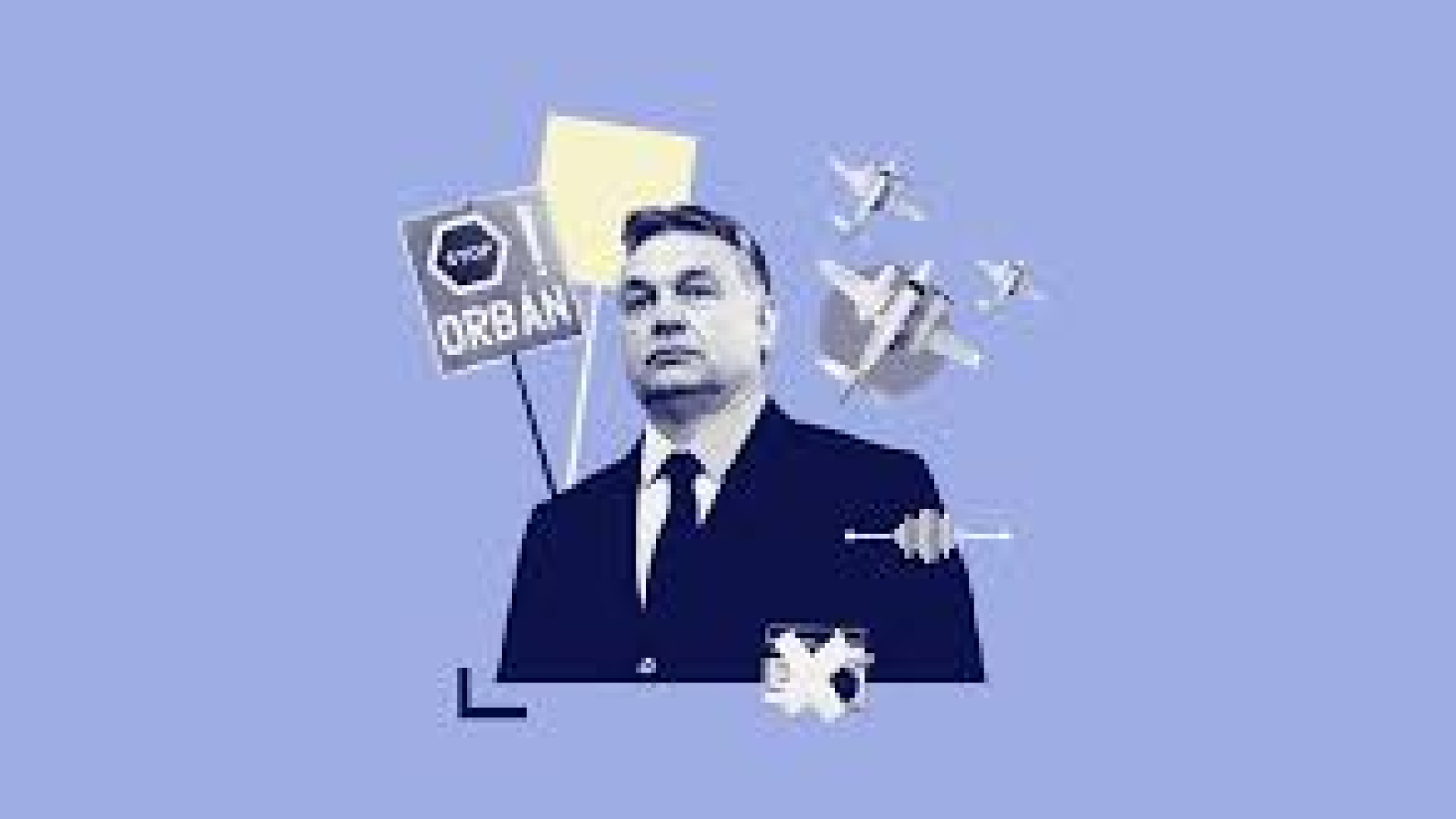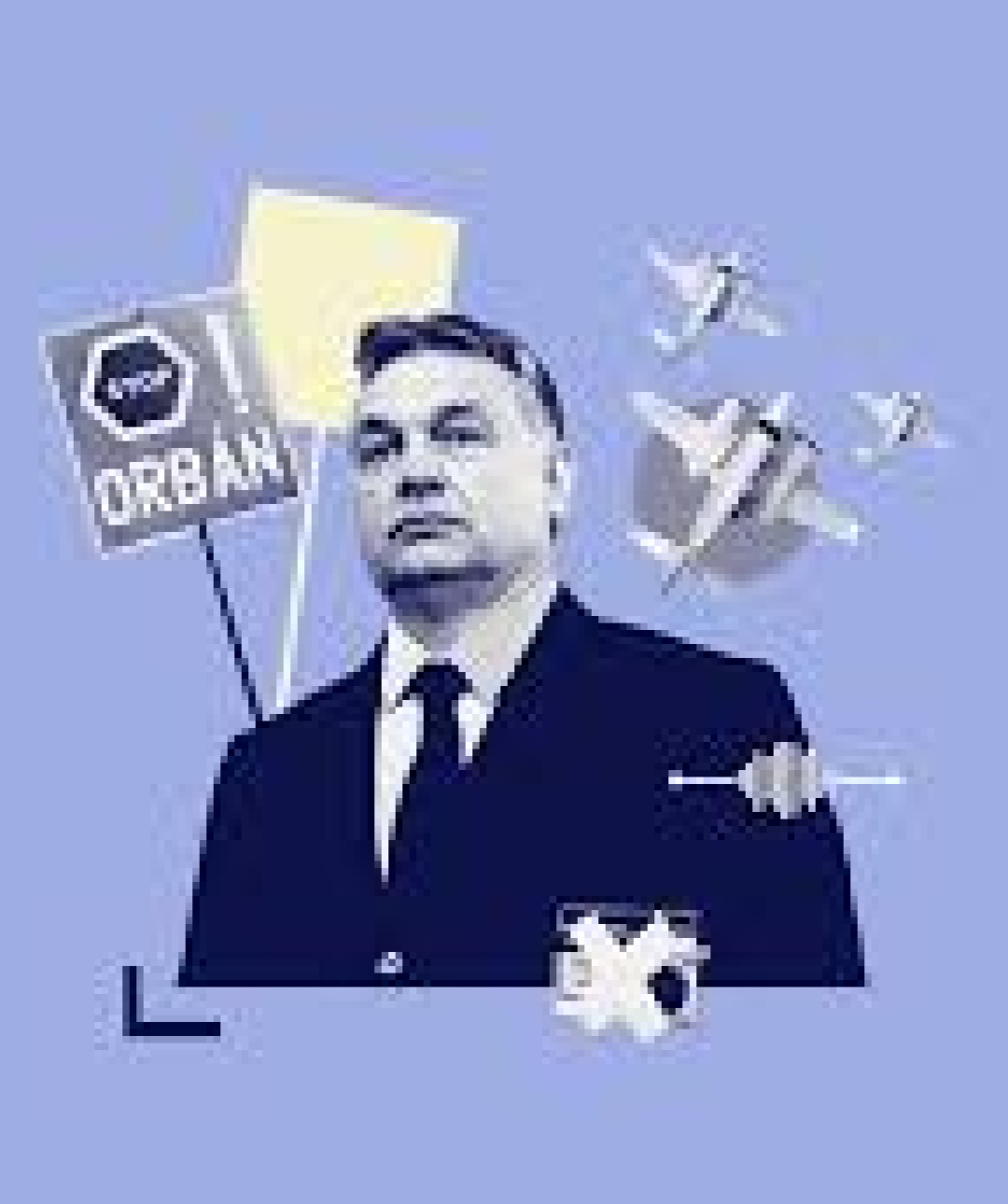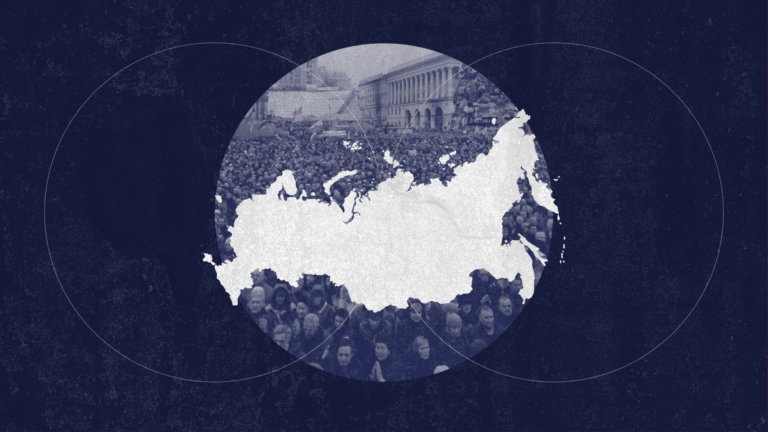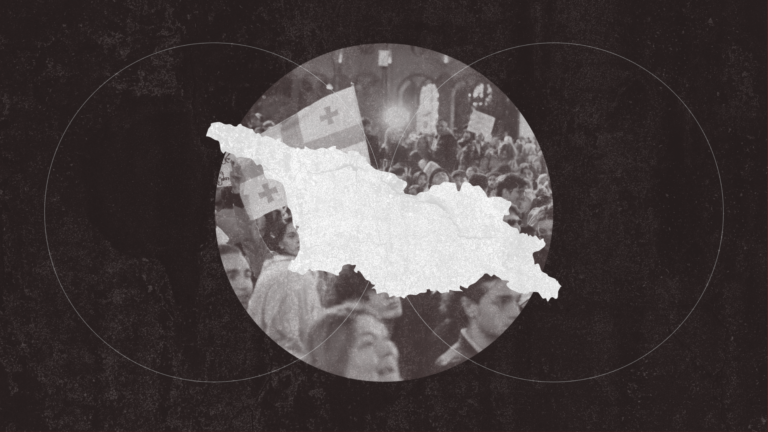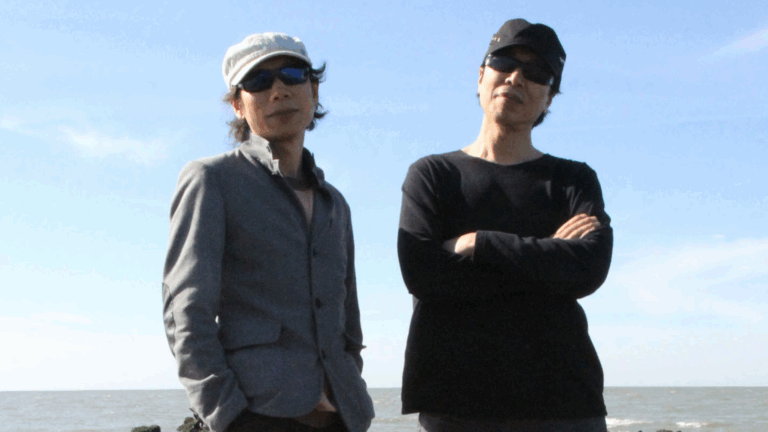For more than 10 years, Viktor Orbán and his cronies have ruled Hungary. Since his election in 2010, Orbán has slowly but steadily dismantled every democratic institution in Hungary. The constitution, the judiciary, the free press, and the municipal councils have been reorganized to serve the political and business interests of Orbán and his inner circle. At the start of the coronavirus pandemic, a rubber-stamp parliament gave Orbán the power to rule by decree, effectively eliminating the last vestiges of oversight, as explained by Péter Krekó at HRF’s COVIDCon last year. Eleven months later, Orbán still rules without the consent of the people. And yet, a successful local election in 2019 and an agreement between the six largest opposition parties at the end of last year has reinvigorated the opposition and provided a new hope for democracy and the rule of law.
The Human Rights Foundation (HRF) classifies Hungary as a “competitive authoritarian” regime, and Freedom House lists it as a “hybrid regime,” meaning that while the trappings of democracy still exist, the opposition faces an uneven playing field that significantly impedes democratic challenges to the incumbent government. Indeed, for many years, voter suppression tactics, gerrymandering, and changes to Hungary’s electoral law marginalized the opposition, giving Orbán’s party, Fidesz, a constitutional majority in parliament, and enabled the restructuring of the state to suit Orbán’s needs. In any election under a competitive authoritarian regime, the playing field is skewed in favor of the ruling party. In Hungary, the opposition has to contend with a particularly vicious cycle of media censorship and government corruption, enabled by Orbán’s disregard for the rule of law.
Orbán has made it a priority to ensure that the airwaves, printing presses, and internet forums are saturated with government-friendly media, making the lack of media pluralism in the country one of the most difficult challenges for the opposition. Since 2013, Hungary’s press freedom ranking has dropped dramatically from 53rd to 89th in Reporters Without Borders’ Press Freedom Index. In 2019, the International Press Institute estimated that 80% of the Hungarian media market was funded by government sources, but even since then, the situation has continued to deteriorate.
The largest independent online newspaper, index.hu, which had a readership of over 1 million, was bought out by a businessman linked to Viktor Orbán at the end of 2019, leading to the resignation of the Editor-in-Chief and over 70 other staff members. Most recently, in February 2021, a Hungarian court upheld the decision of a media council filled with Fidesz appointees to suspend Klubradio, the largest independent radio station with over 300,000 listeners, for minor administrative violations. Klubradio had been highly critical of the Orbán regime, and had already lost 90% of its advertising income after businesses and government agencies withdrew their support for the radio station.
László Gendler, an associate at the Office of the Mayor of Budapest, described the media culture in Hungary as “completely one-sided.” Indeed, there is hardly a single newspaper, radio, or TV station that is not friendly to the regime. And as with index.hu, even online sources are becoming scarce. This enables Orbán to hide corruption on a scale unimaginable in other EU countries. Hungary’s richest man and a childhood friend of Orbán, Lőrinc Mészáros, once quipped that he has “God, luck, and Viktor Orbán” to thank for his vast new fortune, accumulated mostly through favorable government contracts. “It’s a cycle of corruption,” explains Gendler. “The wealthier Orbán’s friends become, the more independent media they buy. And the less independent the media, the less people know about the corruption.”
However, there are reasons to be optimistic. The city of Budapest, where many read internet news sources and there is some degree of media pluralism, is also one of the few places where the opposition has gained significant political power in the past several years. In the 2019 local elections, a coalition of opposition parties overcame their differences and nominated Gergely Karácsony, a local district mayor, to represent them on a joint ticket. Karácsony’s victory upset István Tarlós, an Orbán loyalist and the mayor since 2010. Since then, Karácsony has scored notable victories against the Orbán regime, including persuading the EU to allow the City of Budapest to oversee the distribution of the Covid-19 Recovery Fund to the city, instead of allowing Orbán to use it for its own ends.
Many in the opposition believe that Karácsony’s success can be replicated in the upcoming parliamentary elections next year. In December 2020, the six largest opposition parties, including the far-right Jobbik, the liberal Momentum, and the left-leaning Hungarian Socialist Party united, agreeing on a common platform and joint candidate to stand against Orbán. Fighting corruption and restoring the free press are high on the list of priorities, and András Fekete-Győr, the leader of Momentum, has promised that within three days of an opposition victory, he would institute a ban on state ads in the media and a ban on the take-off of all personal aircraft so that Orbán’s cronies cannot take their stolen property abroad. The renewed vigor of the opposition has clearly had an effect. Six months ago, polls showed Fidesz 35 points ahead of the nearest opposition party. Today, the united opposition polls just above Fidesz.
Despite the mood of optimism, there are still perils ahead. “There’s a lot of wishful thinking on the side of the opposition,” says Gendler. “Even if the opposition does win the elections, corrupt officials and politicized judges do not disappear overnight, and neither will Viktor Orbán. The billions he and his friends have stolen will not magically return, and government contracts cannot be quickly rewritten.”
This is one area where the United States and other EU countries must support the rule of law in Hungary. In 2019, the U.S. considered Magnitsky Act sanctions against Orbán and his cronies for corruption, including Meszaros, but ultimately the Trump administration decided against them. The Biden administration should reverse that decision immediately, and encourage the EU to apply similar sanctions.
The EU could also do more. Though the latest EU budget theoretically punishes countries that break the rule of law, in reality, the European Court of Justice is still reviewing the mechanism, giving the Orbán regime plenty of time to prepare for the upcoming elections. EU leaders should take a hard stance against Orbán, bringing attention to his corruption and disregard for European values, and not allowing him to use EU money for his own ends. The forced departure of Fidesz from the European People’s Party, a pan-European alliance of center-right parties was a good first step, but a more aggressive approach is warranted. To heed the philosophy of Russian human rights advocate Vladimir Kara-Murza, Hungarians don’t necessarily need external help to restore democracy, but they do need Western democracies to stop enabling the Orbán regime.
“The process of rebuilding democracy will take a long time in Hungary,” says Gendler, “but winning this election would be a good first step.”
Alexander Sikorski (@AKSikorski) is a Program and Policy Fellow at the Human Rights Foundation.


